标签:
6.静态函数库设计
程序设计中,离不开函数的使用。Linux应用程序设计中需要外部函数。主要是由函数库和系统调用来提供。
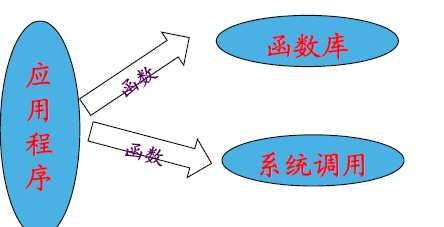
?
两者区别:
系统调用的是在Linux内核里的,函数库是在用户空间的。
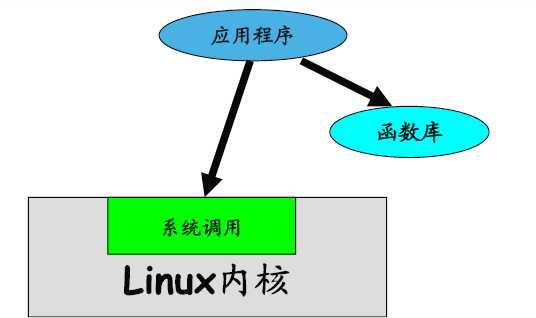
函数库分类:
????函数库按照链接方式可分为:静态链接库和动态链接库。
?
Linux应用程序使用的这些函数库主要存在于/lib目录和/usr/lib目录下,其中采用*.so.*方式命名的是动态函数库,而以*.a方式命名的是静态函数库。
/lib:
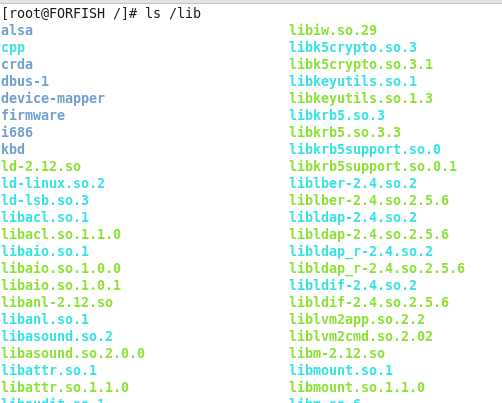
/usr/lib:
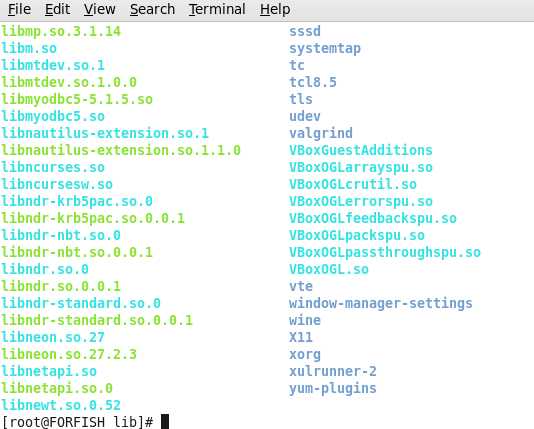
静态链接库的特点:
程序所用到的库函数代码在链接时全被copy到程序中。导致的问题:如果有多个进程在内存中同时运行,并且使用了相同的库函数,那就会有多份拷贝,这就是对空间的浪费。如下图:
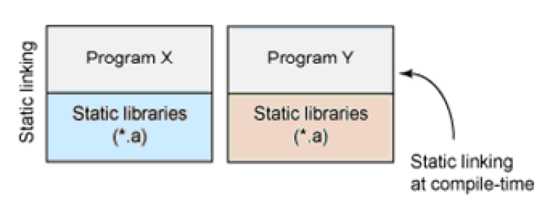
?
编译选项:
例子:gcc –static exm.c –o exm
下面看一个我们经常编译c文件的过程。在下面看到该程序用到*.so.*动态库。
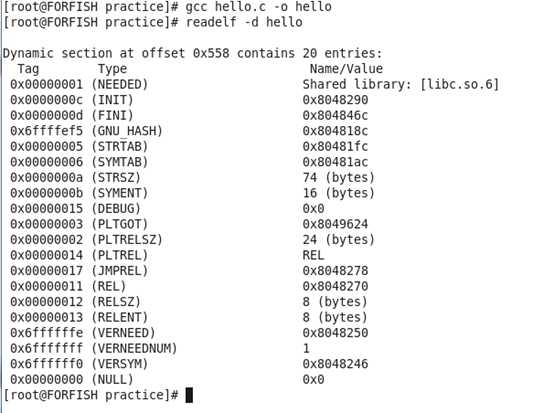
生成的文件的大小:

加上-static参数后,编译出错:

这是因为redhat 6.4之后的版本不提供该功能了。我们需要安装该库:
glibc-static-2.12-1.80.el6.i686.rpm

ll看静态编译生成的文件比较大:


?
制作静态库:

使用自己制作静态库:
-lname:gcc在链接时,默认只会链接C函数库,而对于其他的函数库,则是需要使用-l选项来显示地指明需要链接的库:
例子:gcc hello.c –lmylib –o hello.
注意:静态链接库的命名:
????Libmylib.a:其中lib是必须加的,就是静态链接库的名字为libmylib.a在引用的时候是-lmylib。
????动态链接库的命名,跟静态一样只是后缀为.so。
?
实例:
?
/*************************************************************************
> File Name: mylib.c
> Author: FORFISH
> Mail: 18300070848@163.com
> Created Time: Fri 16 Jan 2015 07:44:10 AM EST
************************************************************************/
#include <stdio.h>
int tax(int salary, int insurance){
????int tax_salary = salary - insurance;
????int temp = tax_salary -3500;
????if(temp<0){
????????printf("your salary is too low to hand on tax!\n");
????????return 0;
????}
????if(temp<=1500){
????????return temp*0.03-0;
????}
????if((temp>1500)&&(temp<=4500)){
????????return temp*0.1-105;
????}
????if((temp>4500)&&(temp<=9000)){
????????return temp*0.2-555;
????}
????if((temp>9000)&&(temp<=35000)){
????????return temp*0.25-1005;
????}
????if((temp>35000)&&(temp<=55000)){
????????return temp*0.3-2755;
????}
????if((temp>55000)&&(temp<=80000)){
????????return temp*0.35-5505;
????}
????else{
????????return temp*0.45-13505;
????}
}
打包生成库:

把生成的库libmylib.a拷贝到/usr/lib目录:

编写应用程序使用我们创建的静态链接库:
首先是创建一个c文件mytest.c:
#include <stdio.h>
#include "tax.h"
void main(){
????int my_tax =0;
????my_tax = tax(9500,1200);
????printf("I have to tax %d",my_tax);
}
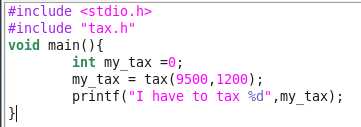
头文件tax.h的代码:
int tax(int salary, int insurance);

编译运行如下:

?
?
?
?
?
标签:
原文地址:http://www.cnblogs.com/FORFISH/p/5188606.html